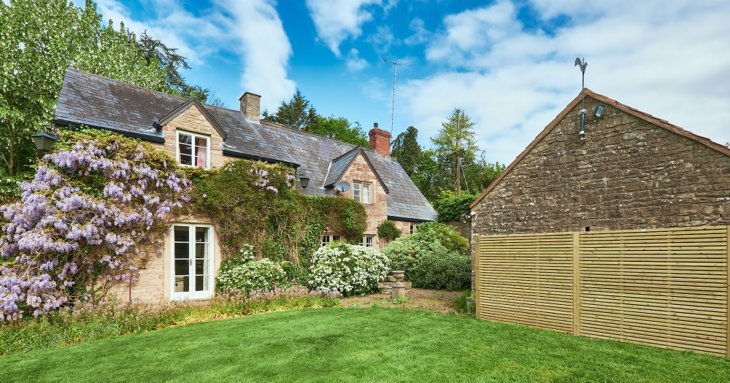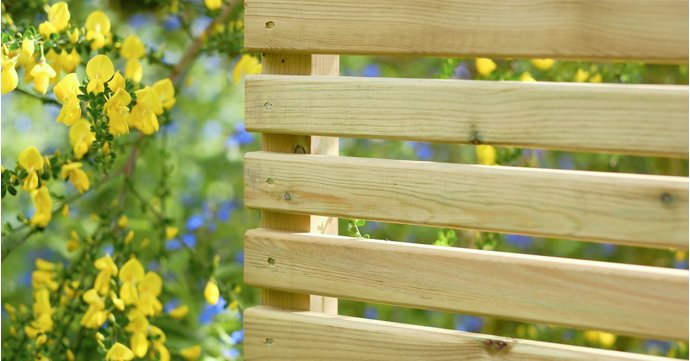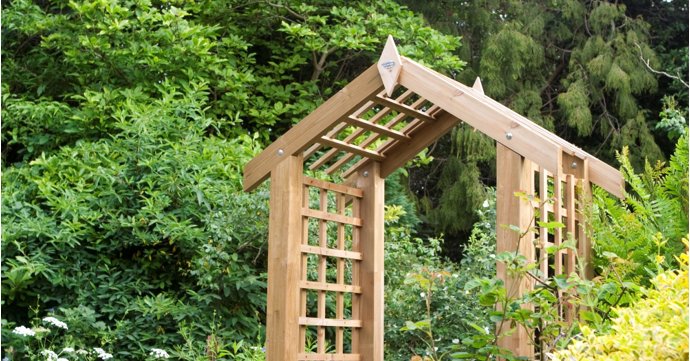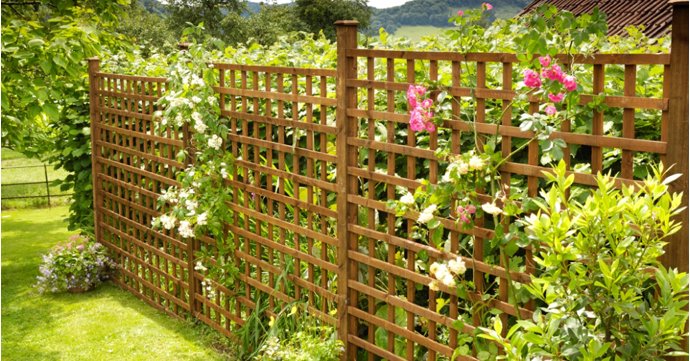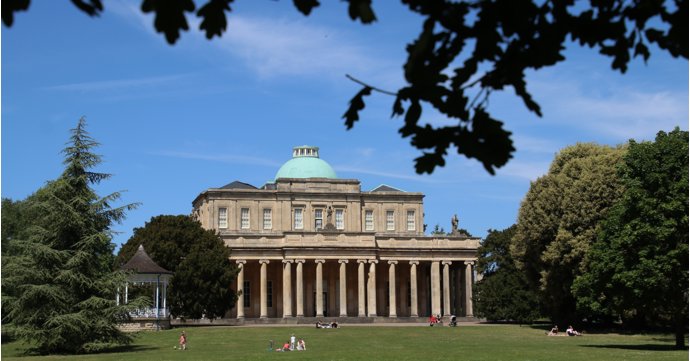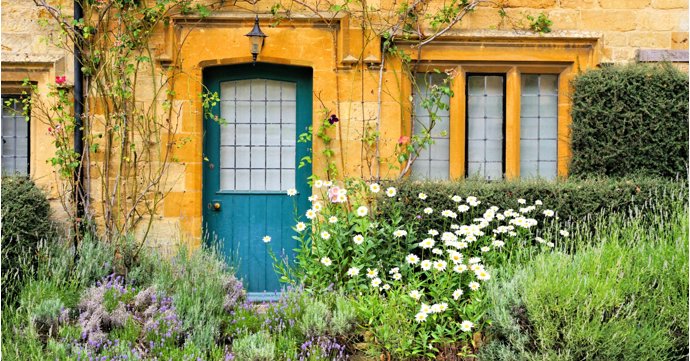Gardens across the county are in full bloom, thanks to the UK climate's perfect growing conditions. Be it a hard frost, a rainy spring or a warm humid period; all these weather variables make for glorious natural displays come summer.
But these conditions are not so great for the timber structures in our gardens, such as fencing, summerhouses and pergolas.
Wood can be susceptible to damage from wind, rot from damp and decay from insects and fungi.
But according to landscaping supplier Cheltenham Fencing, wooden fence panels can be the ideal choice for aesthetics, environmental factors, noise, privacy, security, and many other benefits. But it's choosing the right type that needs careful consideration.
George Smith, managing director of Cheltenham Fencing, advises that, when it's time to replace fence panels, homeowners should 'invest in the best quality fencing your budget can afford', as the first rule.
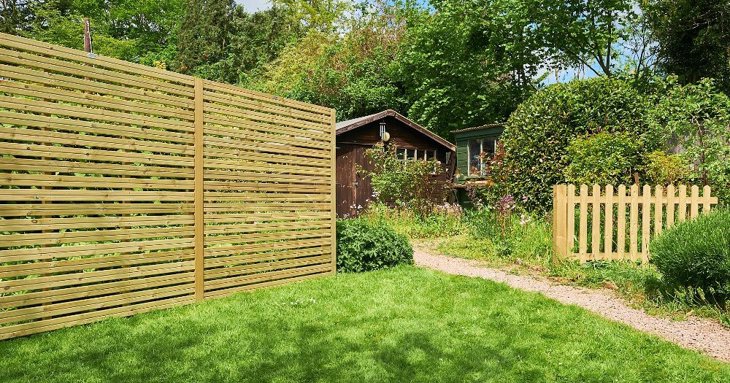
The timber merchant and landscaping supplier has been making and supplying timber, fencing and garden structures for nearly 80 years, with many of its products crafted just over the border in the Wye Valley.
'Most fencing panels are manufactured for the wider European climate, meaning drier, warmer and less windy conditions than we have in the UK,' said Smith.
He advises seeking out companies that produce more robust products that are made especially for the quintessentially British weather. Typically, fences made from sustainably sourced timber that is pressure-treated to the appropriate standard should be able to withstand the harshest weather conditions for around 15 years, as opposed to dipped or coated products that will have a shorter life.
And good news for eco-friendly homeowners who prefer to keep things natural in their gardens, new pressure treatments use formulas that don't harm soil or wildlife, so make sure to ask suppliers about their environmental credentials.
To finish off newly-installed fencing, after a few months of weathering and maturing, panels can be treated with a wood protector or preserver to maintain or enhance their aesthetics for the seasons to come.


